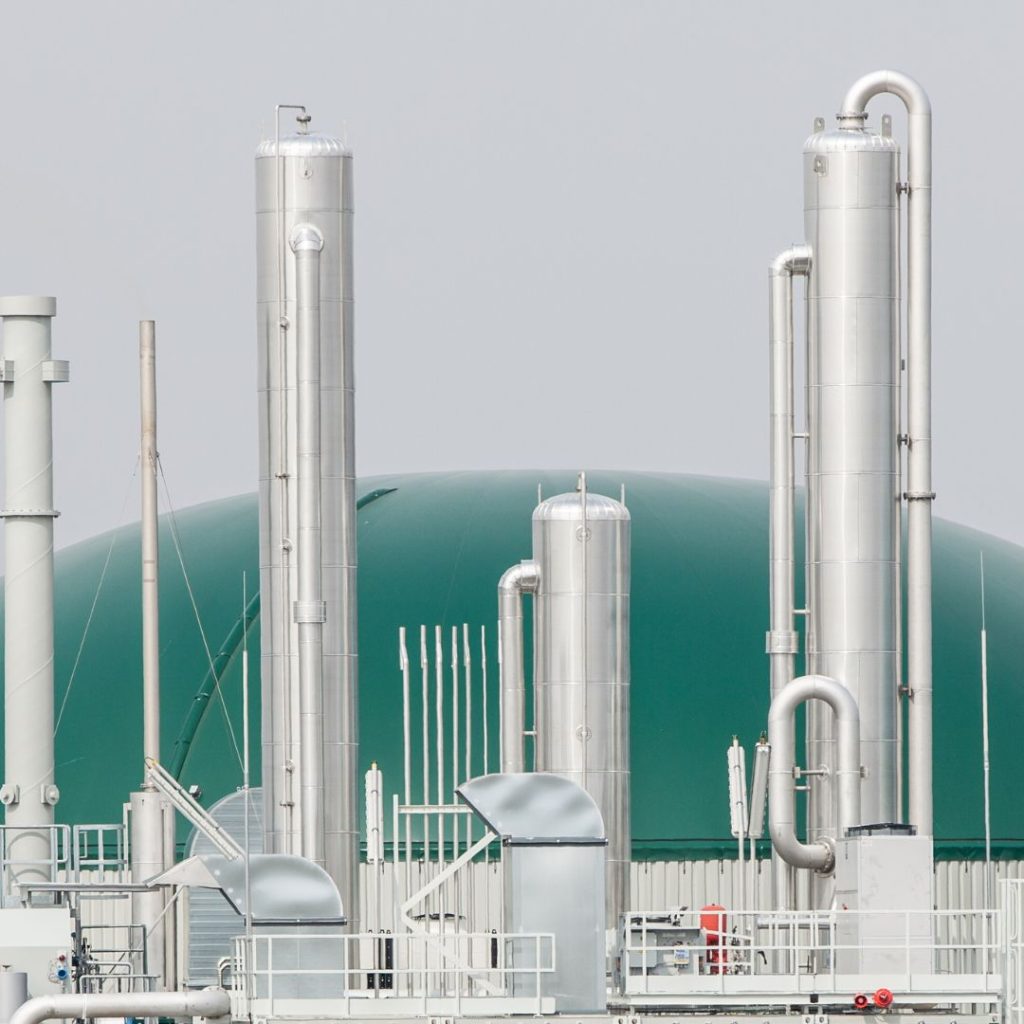Gradual replacement of natural gas through the Renewable Gas Act

Yesterday, a long-delayed bill to expand domestic biogas production passed the Council of Ministers. It obliges gas suppliers to gradually replace natural gas with biogas. This is intended to reduce the consumption of fossil fuels on the one hand and dependence on gas imports on the other. By 2040, domestic gas consumption is to be completely covered by green gases.
The draft of the Renewable Gases Act (EEG), which still has to be approved by a two-thirds majority in parliament, provides for the following:
- At least 7.5 terawatt hours of domestic biogas are to be produced annually by 2030
- Suppliers must then ensure that they supply their customers with at least 9.75 percent green gas
- This increase means a more than quintupling of domestic biomethane production from today's 0.14 terawatt hours to 7.5 terawatt hours and is to take place in stages
According to the Austrian federal government, the EEG will save 4.2 million tons of climate-damaging CO2 by 2030.
According to studies, the production of biomethane from fermentation alone could amount to 10 TWh by 2030 if the necessary legal framework is in place. Added to this are biomethane from wood gasification (25 TWh) and hydrogen (depending on the expansion of renewable electricity generation), according to the Austrian Renewable Energy Umbrella Association (EEÖ), which welcomes the draft. The Austrian Compost & Biogas Association (KBVÖ) is also positive about the draft law, as it believes that it will also pave the way for a more sustainable, regional energy supply.
With the EGG, we are making significant progress when it comes to finally utilizing the domestic potential of renewable gas and not letting it lie fallow any longer. We urgently need it as an important building block in the transformation towards a climate-neutral, independent and secure energy supply
, emphasizes Martina Prechtl-Grundnig, Managing Director of the EEÖ.
Essential for the energy transition
Renewable gas is essential for the energy transition. However, the potential for domestic renewable gas production is severely limited. Studies show that only around a quarter of future demand for green gases can be covered by domestic production. Renewable gases must therefore be used extremely sparingly and sensibly in future. It makes sense to use them primarily in electricity generation and in some areas of industry. However, the law exempts industry in particular from bearing the costs.
What are green gases?
These include biomethane (purified biogas), renewable hydrogen and synthesis gas, which store energy that would otherwise be lost and are renewable, climate-neutral and burn without producing particulate matter. Gas is much easier to store than other types of energy, and the Power-2-Gas method converts green electricity (for example from excess wind energy production) into green gas and stores it until it is needed.
Biogas plants in Austria
There are currently around 270 biogas plants across Austria. According to EEÖ, around 80 to 100 of the existing 270 biogas plants could provide biomethane amounting to 2-2.5 TWh within a short space of time. Currently, 14 plants produce around 0.14 TWh. In total, 9.75% of current gas consumption in Austria is to be replaced by renewable gases, i.e. biomethane, renewable hydrogen and synthetic methane.
By refining it into biomethane, it can be fed directly into the natural gas grid with hardly any energy being lost. This benefits industry in particular, which urgently needs this gas. Crop residues, farm manure, catch crops and other unused organic residues or sewage sludge are used as raw materials. The digestate - i.e. the liquid or solid residue from production - in turn serves as a valuable fertilizer for grassland or arable land.
Criticism of the draft
Compared to last year's review draft, the government bill now provides for the costs of achieving the green gas quota to be passed on to small businesses and households, writes the Chamber of Labor. "Renewable gas will no longer be used in households in the medium term, but households should still bear the costs. Large consumers, such as industry, are exempt, which is unacceptable," says Tobias Schweitzer, Head of the Chamber's Business Division. The opposition parties take a similar view. The production volume is also criticized as being too low.
We have to move away from fossil fuels. That is clear. The way to get there remains controversial. A fifty-fold increase in the amount of biogas within six years is a task. The law should create clarity and suitable framework conditions. It doesn't make sense to me why we consumers should have to foot the bill.






